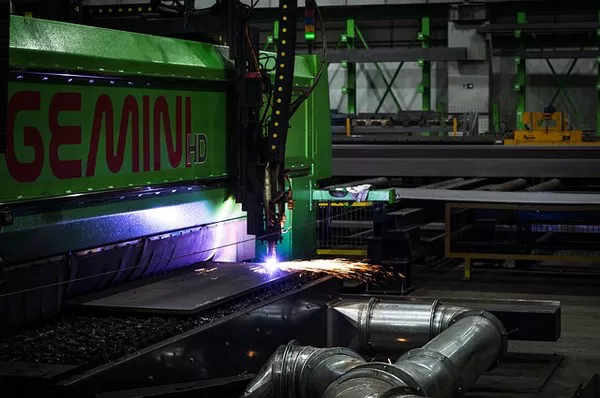Toyota Motor Corp. announced a significant surge in its profit for the July-September quarter, with vehicle sales expanding globally and a favorable exchange rate providing a boost to overseas earnings. The Japanese automaker reported a quarterly profit of 1.28 trillion yen ($8.5 billion), marking a nearly threefold increase from the 434 billion yen recorded the previous year. Quarterly sales also rose by 24% to 11.43 trillion yen ($75.7 billion) from 9.22 trillion yen.
A key contributing factor to Toyota’s impressive results is the favorable exchange rate. A weaker yen benefits major Japanese exporters, such as Toyota, as it enhances the value of their overseas earnings when translated into yen. During the latest quarter, the U.S. dollar was trading at about 145 Japanese yen, up from 138 yen and currently above 150 yen.
Toyota is the manufacturer of well-known vehicles like the Camry sedan, Prius hybrid, and Lexus luxury models. Encouraged by its strong performance, Toyota raised its profit forecast for the fiscal year through March 2024 to 3.95 trillion yen ($26 billion), a significant increase from its previous projection of 2.5 trillion yen. If achieved, this forecast would mark a record high profit for Toyota.
Company officials are optimistic about the growth of Toyota’s vehicle sales in most major regions. In the July-September period, Toyota experienced growth in vehicle sales compared to the previous year in the U.S., Europe, Japan, and the rest of Asia, resulting in global sales of more than 2.4 million vehicles, up from 2.1 million the previous year. Toyota has maintained its full fiscal year worldwide sales projection of 11.38 million vehicles.
While Toyota has acknowledged lagging behind competitors like Tesla and BYD in the electric vehicle (EV) sector, it is committed to closing the gap. The automaker recently announced an additional $8 billion investment in a hybrid and electric vehicle battery factory under construction in North Carolina. This investment is expected to create over 3,000 additional jobs, making a total of more than 5,000 jobs once the plant starts operating in 2025. The facility will serve as Toyota’s main lithium-ion battery production site in North America and supply the Kentucky-based plant manufacturing its first U.S.-made electric vehicles.
In 2020, Toyota sold fewer than 25,000 EVs worldwide, but this year, it has sold 65,000, with a majority of sales occurring outside Japan. Toyota has set ambitious targets, aiming to sell 1.5 million EVs annually by 2026 and 3.5 million by 2030.
The supply chain had been disrupted due to a shortage of computer chips caused by pandemic-related restrictions, which impacted Toyota’s sales. However, this situation has been gradually improving. In addition to battery EVs, Toyota is also investing in other environmentally friendly vehicles, such as hydrogen fuel cell cars and hybrid models combining electric and gasoline powertrains, in response to growing environmental concerns in various markets.

